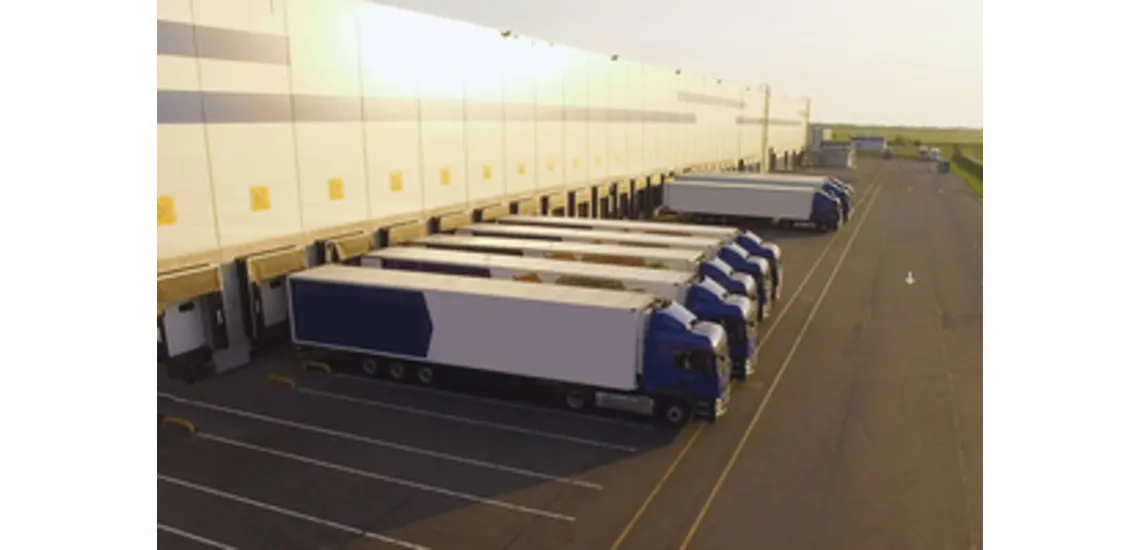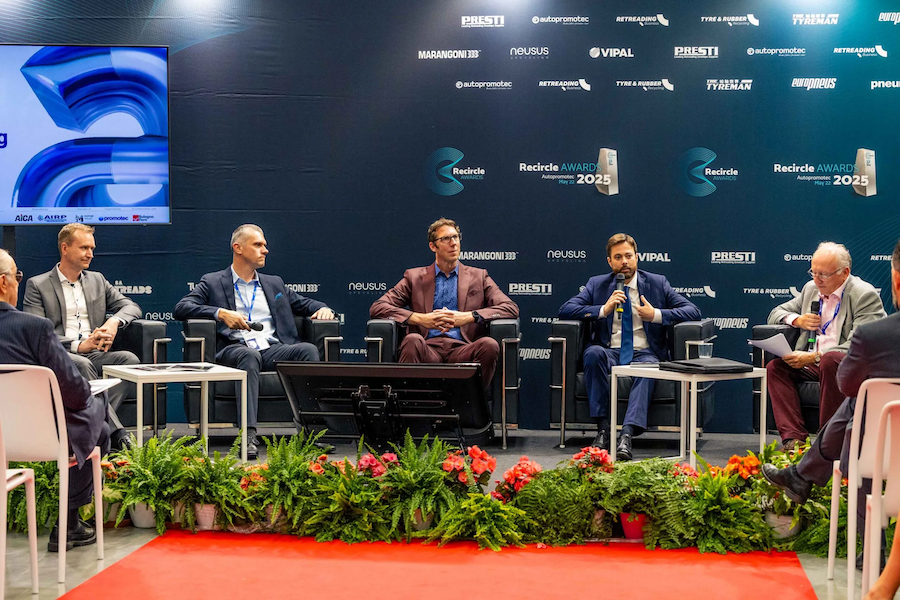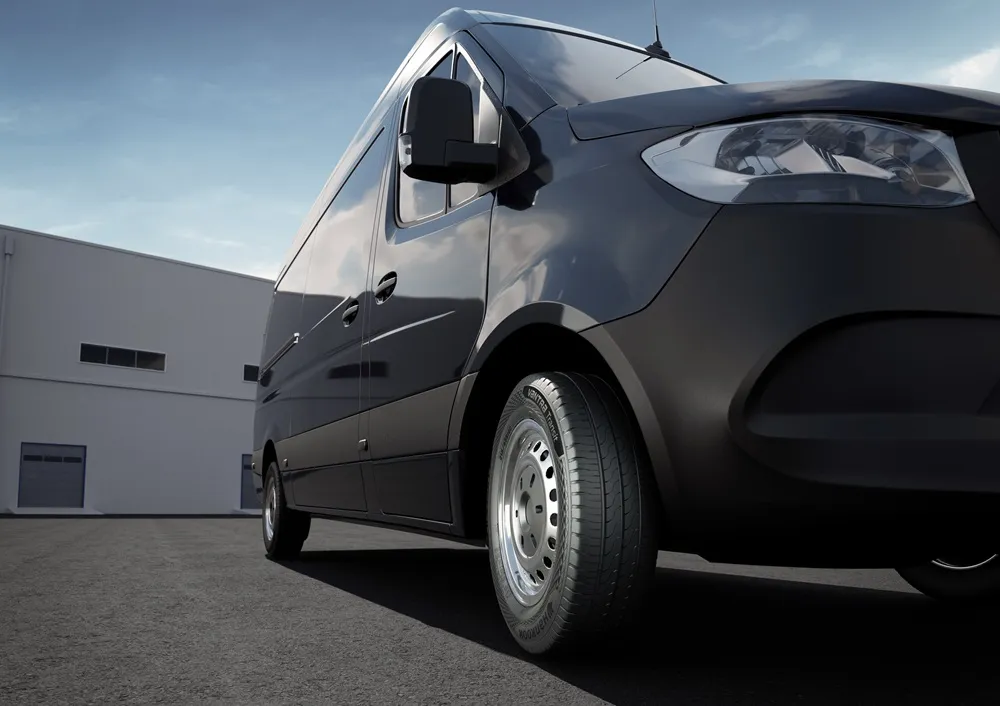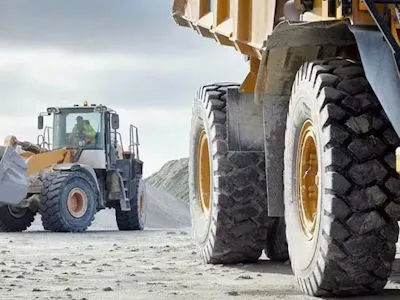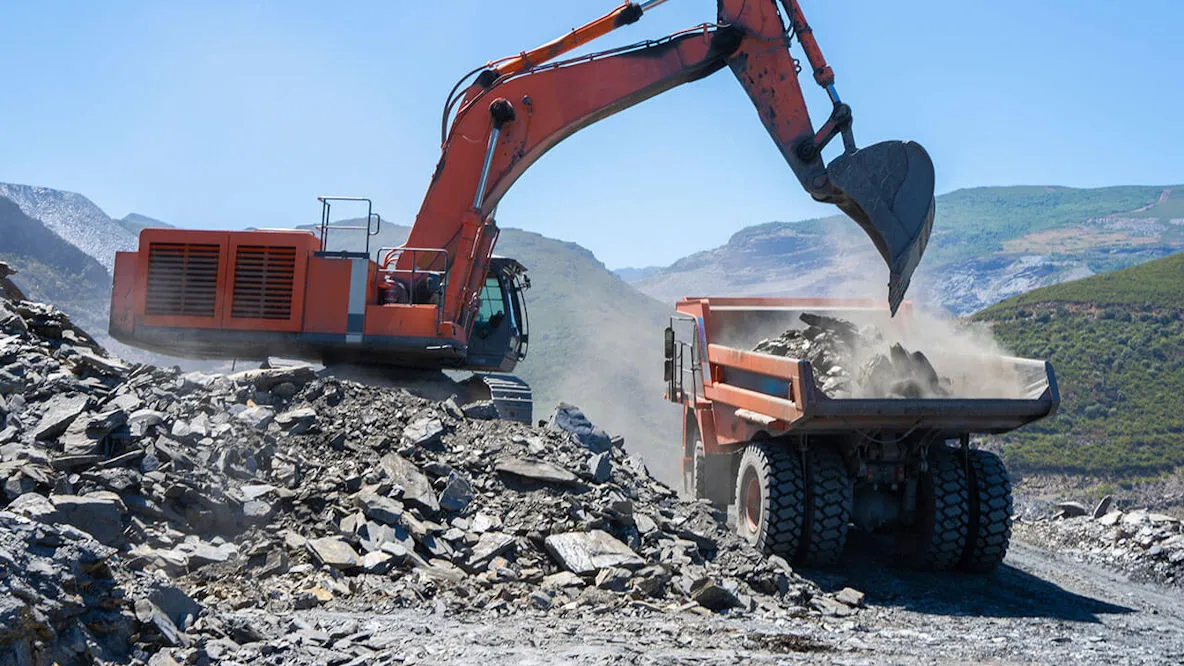A general mobilization in favour of a sector that, despite the recent difficulties has never stopped, supporting the country not only from an economic point of view, but also socially, guaranteeing the necessary supplies at the time when the Covid-19 pandemic was at its fiercest.
Road Transport Sector in need of Relaunch in Italy
A general mobilization in favour of a sector that, despite the recent difficulties has never stopped, supporting the country not only from an economic point of view, but also socially, guaranteeing the necessary supplies at the time when the Covid-19 pandemic was ...
Road Transport Sector in need of Relaunch in Italy
A general mobilization in favour of a sector that, despite the recent difficulties has never stopped, supporting the country not only from an economic point of view, but also socially, guaranteeing the necessary supplies at the time when the Covid-19 pandemic was ...

